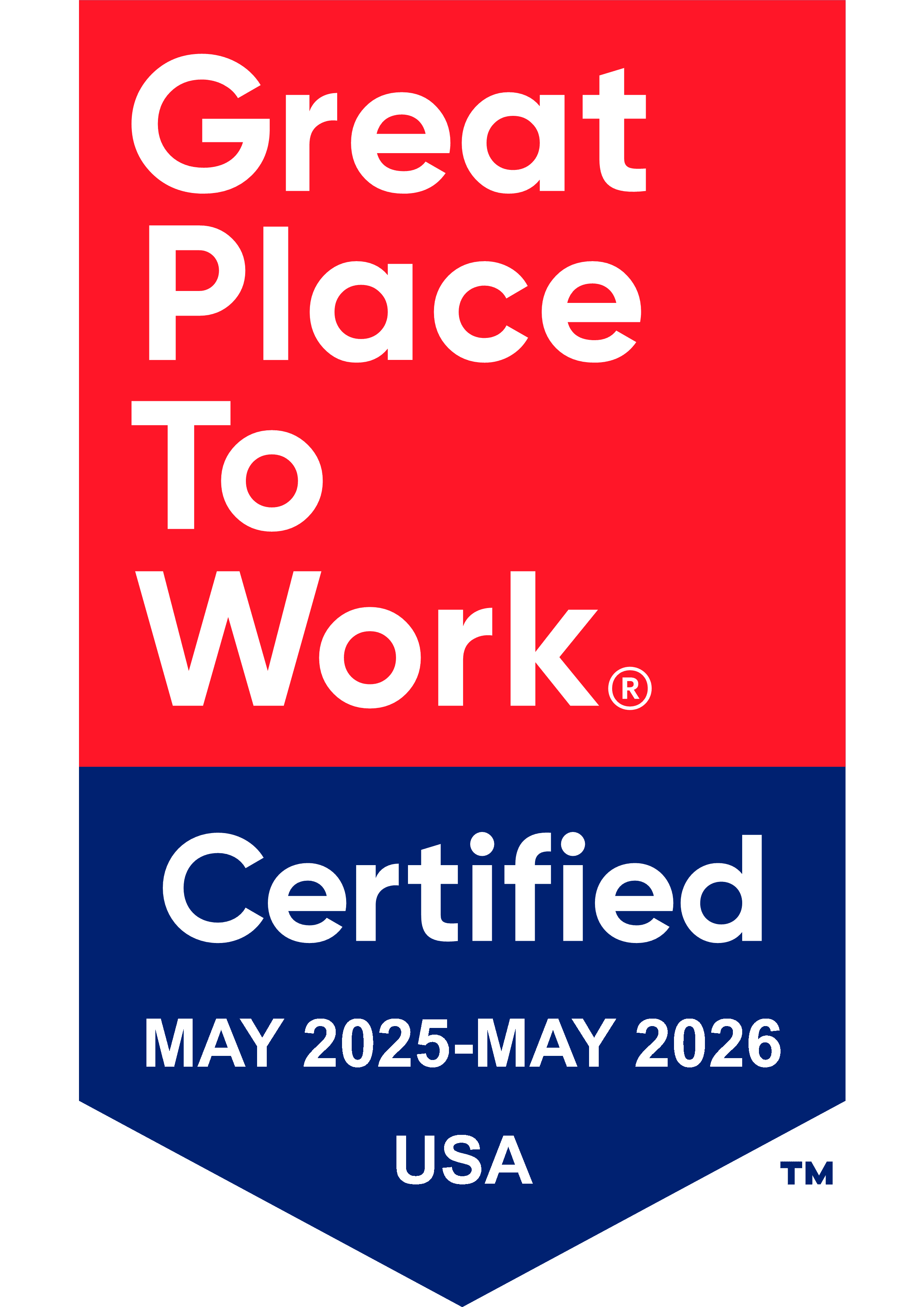 The winter holidays are a time for celebrations and spending time with family and friends. For many people alcohol will be part of the festivities and some people may drink more than they would at other times of the year.
The winter holidays are a time for celebrations and spending time with family and friends. For many people alcohol will be part of the festivities and some people may drink more than they would at other times of the year.
Alcohol misuse has many consequences. It affects both physical and mental abilities while also decreasing inhibitions, which can lead to poor decisions and dangers behind the wheel. Alcohol misuse is linked to accidents, crime, violence, and health problems.
There are many myths about alcohol. Get your facts straight so you can make healthier decisions this holiday season – and please share with your communities. This blog was created by CADCA’s partner, the National Institute on Alcohol Abuse and Alcoholism (NIAAA).
Myth: Drinking coffee will sober you up.
Fact: There is no magic cure for drinking too much. The body needs time to break down alcohol. While caffeine in coffee may help with sleepiness, it will not improve the effects of alcohol on your ability to make decisions or your coordination. These impairments can last for several hours after you stop drinking.
Myth: You can drive as long as you are not slurring your words or acting erratically.
Fact: People have a hard time judging how alcohol affects them and may not recognize that their ability to make decisions and to drive are affected long before they show physical signs of intoxication. Also, alcohol slows reaction time. It is not safe to drive after you been drinking, no matter how clearheaded you feel.
Myth: Alcohol makes you feel warmer and insulates you from the cold of winter.
Fact: The warm feeling you get from drinking alcohol is misleading. Alcohol widens the blood vessels right under the skin, making you feel warm. In reality, your core body temperature is dropping, increasing the risk of hypothermia—a potentially dangerous decrease in body temperature. So, be sure to wear a coat when it’s cold outside, particularly if you are drinking alcohol.
To learn more and for tips if you are hosting a holiday gathering with alcohol, download the NIAAA fact sheet The Truth about Holiday Spirits. You can also print a PDF of the fact sheet to give out at community events.
Publicaciones nuevas y actualizadas disponibles de NIAAA
NIAAA, the lead Federal agency for research on alcohol and health, has many resources available for coalition members and the public covering a variety of alcohol-related topics. New additions to NIAAA’s fact sheet collection are Hangovers y Interrupted Memories: Alcohol-Induced Blackouts. The NIAAA fact sheet on Women and Alcohol was revised recently to reflect new statistics and updated research information. You can view and download these and other NIAAA educational materials on their sitio web.


